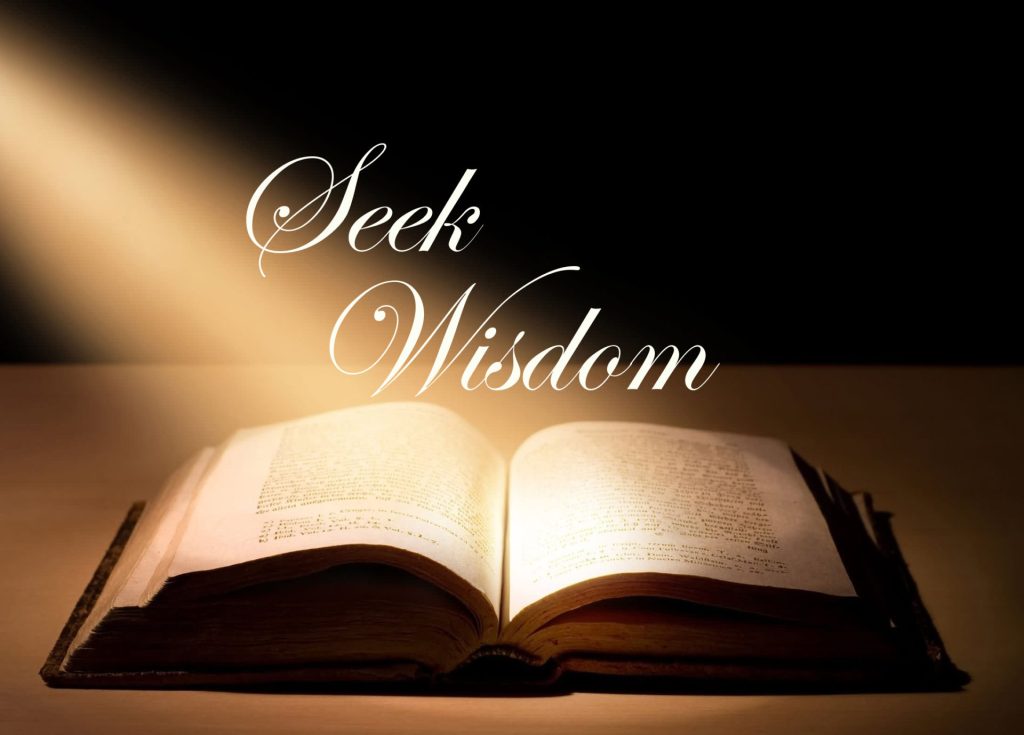Genesis 2:1-25 provides a fascinating continuation of the creation account outlined in Genesis 1. In these verses, the focus shifts to the creation of man and woman, as well as the establishment of the relationship between God and humanity. As a Christian delving into the text, let us explore the intricate details and meaning behind this significant passage.
Verse 1 sets the stage by stating that God had completed the work of creating the heavens and the earth, and all that dwells within them, in six days. On the seventh day, God rested from His work, thus sanctifying and blessing this day as the Sabbath.
The subsequent verses focus on the creation of man and woman. In verse 7, we witness God forming man from the dust of the ground and breathing life into his nostrils, thus establishing a distinct connection between humankind and the earth. This showcases God’s intention to create a unique, intimate relationship with humanity.
Verse 8 then introduces the Garden of Eden, a lush paradise where God placed Adam, the first man. This created space serves as an ideal setting for humans to live and commune with God. Within this garden, God caused every kind of tree to grow and bear fruit that is pleasing to the eye and good for food.
In verses 15-17, God gives Adam a purpose and responsibility. He is commanded to work and care for the garden, with the exception of eating from the tree of the knowledge of good and evil, for if he were to eat from it, he would surely die. This establishes the first moral choice for humanity, emphasizing the importance of obedience and consequence.
God then purposes to create a suitable helper for Adam, recognizing his need for companionship. God forms all living creatures and presents them to Adam to name, indicating his dominion over creation. However, no suitable helper is found among them. Consequently, God creates Eve from Adam’s rib, signifying their inherent oneness and interdependence.
Verses 23-25 beautifully depict Adam’s response upon seeing Eve. He recognizes her as bone of his bones and flesh of his flesh, calling her “woman” because she was taken out of man. This poetic language reflects the deep sense of intimacy and connectedness shared between man and woman, as well as their shared humanity.
This passage also highlights the institution of marriage. As Adam and Eve were united, it is stated that a man shall leave his parents and cleave to his wife, and they shall become one flesh. This lays the foundation for the sacred covenant of marriage, characterized by love, commitment, and mutual support.
In conclusion, Genesis 2:1-25 offers profound insights into the creation of humanity, the establishment of the Sabbath, the Garden of Eden, the responsibilities of humankind, and the significance of the relationship between man and woman. It presents a rich tapestry of themes addressing obedience, companionship, and marriage. Delving into these verses prompts deep contemplation on the complexities of God’s design for humanity and our place within His creation.


